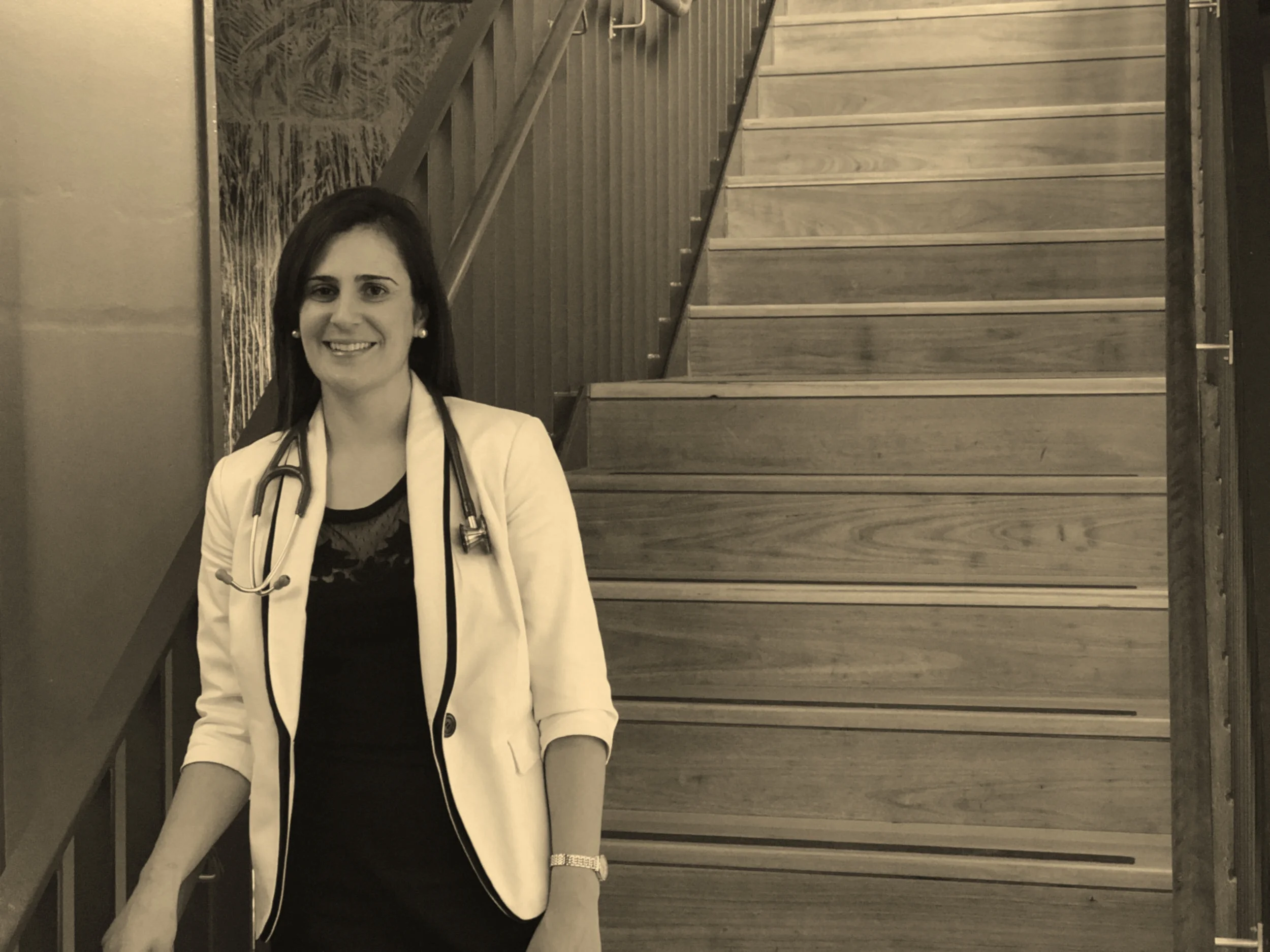“Engage, educate, enlighten, empower”

Haematology is the specialty concerned with the diagnosis and treatment of blood diseases. It deals with a variety of blood diseases, both related to blood cancers (malignant) or unrelated to cancer (non-malignant). It is a specialty which lends itself to collaboration, and haematologists are often able to assist other doctors to care for patients with a blood-related problem.
As a haematologist, I have skills which enable me to diagnose and treat all blood diseases. I use my laboratory skills to perform and interpret a variety of tests and use my clinical skills to treat your condition. Broadly speaking, the blood diseases I treat include:
MALIGNANT DISEASES
Leukaemia
Lymphoma
Multiple myeloma
Bone marrow disorders including myelodysplasia, aplastic anaemia
Myeloproliferative disorders including chronic myeloid leukaemia (CML), polycythaemia vera (PV), essential thrombocythaemia (ET), myelofibrosis (PMF)
Autologous bone marrow transplant
Allogeneic bone marrow transplant (accessed via haematologists at St Vincent’s Hospital Sydney)
NON-MALIGNANT DISEASES
Red cell disorders including anaemia, inherited red cell disorders (eg: thalassaemia), vitamin B12/ folate deficiencies, haemolytic anaemias
Iron disorders including iron deficiency anaemia and iron infusion administration, iron overload states including haemochromatosis
Platelet disorders including immune thrombocytopaenia (ITP), von Willebrand disease (vWD)
Clotting conditions including perioperative blood clots, inherited clotting disorders, deep venous thrombosis (DVT), pulmonary emboli (PE)
Bleeding conditions including haemophilia, clotting factor deficiencies
Anticoagulant management (management of patients on blood thinning medication) and reversing the bleeding effect of blood thinning medication
Obstetric haematology (management of women with blood problems during pregnancy and birth)
Blood transfusion issues including the best use of blood products, patient blood management, administration of intravenous immunoglobulins (IVIg)
Perioperative management of patients with blood issues around the time of surgery
BEFORE YOU ARRIVE
You will need a referral from your GP or another specialist before you can be reviewed
You will be contacted by clerical staff to arrange an appointment for review either at St Vincent’s Clinic or Northern Beaches Hospital.
What to bring to your first appointment:
A valid referral (please note, referrals can expire. GP referrals last 12 months, specialist referrals last 3 months)
Medicare card
DVA card and/or health insurance card or details as appropriate
Your latest blood results
Any other relevant investigations including imaging, reports from other doctors etc